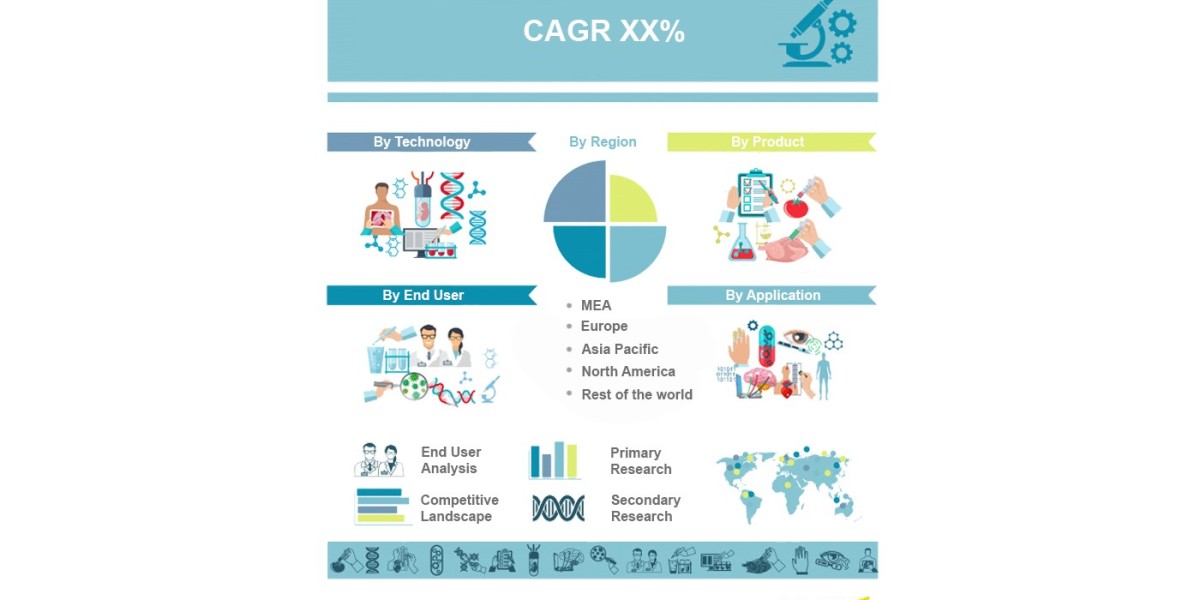Introduction:
Through the establishment of the framework for healthcare delivery, finance, regulation, and quality improvement, healthcare policy plays a pivotal role in molding the future of medicine. To address a wide range of healthcare concerns, such as patient safety, cost reduction, quality of care, and access to care, healthcare policies are designed and implemented at the local, national, and international levels. This article examines the role that healthcare policy plays in fostering innovation, enhancing patient outcomes, and tackling new issues and trends in the field of medicine.
The Role of Healthcare Policy:
Prioritizing healthcare:
In order to meet urgent healthcare requirements and public health issues, healthcare policy sets the broad priorities and objectives for the healthcare system. It also directs resource allocation, programmatic initiatives, and strategic planning activities. Healthcare policy gives stakeholders, providers, and organizations a road map for coordinating their resources and efforts to achieve shared health objectives by establishing precise goals and targets.
Healthcare policy governs several facets of the provision of healthcare, such as patient safety procedures, scope of practice restrictions, accreditation and licensing requirements, and quality control systems. In order to protect patient rights and foster public confidence in the healthcare system, regulatory frameworks make sure that healthcare providers follow set standards of care, maintain competency and professionalism, and preserve ethical and legal commitments in their practice.
The financing of healthcare services is largely dependent on healthcare policy, which establishes the sources of money, the methods of reimbursement, and the payment structures for healthcare organizations and providers. Healthcare finance policies shape healthcare delivery models and provider incentives to prioritize value-based care, cost-effective interventions, and equitable access to services. They also affect access to care, affordability of services, and the financial sustainability of healthcare systems.
Research and development (R&D) efforts, technological adoption, and evidence-based practice are all supported by healthcare policy, which does this through establishing incentives, funding sources, and regulatory frameworks. In order to improve patient outcomes and population health, policies pertaining to intellectual property rights, research funding, technology assessment, and regulatory approval procedures promote investment in biomedical research, the clinical application of research findings, and the distribution of creative healthcare solutions.
Healthcare policy promotes health equality, social justice, and inclusive healthcare delivery models that give underprivileged and marginalized people' needs priority in order to alleviate health disparities and inequities. Reducing barriers to care, doing away with systemic discrimination, and addressing socioeconomic determinants of health—such as racism, poverty, unstable housing, and limited educational opportunities—that fuel health disparities and healthcare outcomes are the main objectives of health equality programs.
New Developments and Obstacles in Healthcare Policy:
Transformation of the healthcare system:
The dynamic healthcare landscape, marked by changing demographics, epidemiological shifts, technology advancements, and evolving healthcare delivery methods, is causing a substantial transformation in healthcare policy. In order to boost patient satisfaction, improve healthcare outcomes, and keep costs under control, policymakers are concentrating more and more on promoting population health management techniques, digital health technology, value-based care, and integrated care models.
Health information technology:
By enabling electronic health records (EHRs), telehealth services, health analytics, and interoperable data exchange to improve care coordination, clinical decision-making, and patient engagement, health information technology (HIT) is revolutionizing the delivery and administration of healthcare. In order to facilitate the transition to digital health and increase access to virtual care services, healthcare policies are adjusting to the quick speed of technological innovation. They are doing this by encouraging the use of HIT, interoperability standards, data privacy and security laws, and telehealth reimbursement rules.
Workforce issues facing healthcare policy include a lack of qualified healthcare workers, a misallocation of the workforce, high rates of provider burnout and attrition, and unequal access to healthcare services in underprivileged areas. In order to meet the changing healthcare needs of diverse populations, policymakers are looking into ways to address the shortage of workers in the healthcare industry, improve workforce diversity and cultural competency, encourage interdisciplinary collaboration, and support the professional growth and well-being of healthcare providers.
Building health system resilience and preparation to respond to public health emergencies, pandemics, and global health risks is a focus of healthcare policy that is becoming more and more important. To increase the resilience of the healthcare system, reduce risks, and improve coordination and collaboration among healthcare stakeholders in order to address new health challenges, policymakers are investing in public health infrastructure, emergency response capabilities, pandemic preparedness planning, and health security initiatives.
Social determinants of health:
Healthcare policy acknowledges the role that social determinants of health—such as housing, employment, education, and socioeconomic status—play in determining health outcomes and disparities in access to care. In order to improve health equity and lessen disparities in healthcare access and outcomes, policymakers are putting policies and interventions addressing social determinants of health into action. Examples of these include food security initiatives, housing assistance, poverty alleviation programs, and community-based health promotion programs.
Prospective Routes for Healthcare Policy:
Promoting health equity and social justice: In order to overcome systemic barriers and gaps in healthcare access, quality, and outcomes, future healthcare policies will place a priority on health equity and social justice. To guarantee that all people and communities have the chance to achieve their utmost level of health and well-being, policymakers will concentrate on putting policies and interventions that promote health equity, lessen health disparities, and address social determinants of health into practice.
Leveraging innovation and technology:
To increase the efficacy, efficiency, and delivery of healthcare, healthcare policy will continue to make use of innovation and technology. The adoption of artificial intelligence (AI) applications, telemedicine services, precision medicine techniques, and digital health technology will be encouraged by policymakers in an effort to improve patient care, advance population health, and quicken the pace of scientific research and discovery.
Building the resilience of the healthcare system:
Upcoming health policies will place a high priority on building the system's resilience and readiness to handle new health risks, such as pandemics, climate change, natural disasters, and bioterrorism. To improve the resilience of the health system, reduce risks, and safeguard population health in the face of changing health problems, policymakers will fund public health infrastructure, surveillance systems, emergency response capabilities, and health security efforts.
Future health policies will place a strong emphasis on patient-centered care models, which give patients' and families' needs, preferences, and values top priority when making decisions about their treatment. In order to enhance patient experience, satisfaction, and health outcomes throughout the care continuum, policymakers will support patient participation, shared decision-making, care coordination, and continuity of care.
In order to address complex health concerns and accomplish shared health goals, future healthcare policies will encourage interdisciplinary collaboration and partnership among healthcare professionals, researchers, policymakers, and community stakeholders. The goal of policymakers' encouragement of collaboration is to use the combined knowledge, resources, and creativity of various sectors, disciplines, and places to advance population health, promote health equity, and influence the course of medical research.
Conclusion:
Because it establishes the groundwork for healthcare delivery, financing, regulation, and quality improvement, healthcare policy is essential to the future of medicine. In order to address the changing healthcare landscape, improve health equity, promote patient-centered care, and strengthen health system resilience and preparation, policymakers must adapt and innovate as healthcare systems meet new trends and problems. Evidence-based practices, interdisciplinary teamwork, and patient-centered values are prioritized in healthcare policy, which can stimulate innovation, enhance patient outcomes, and guarantee that healthcare systems are ready to serve a variety of people in the twenty-first century.









